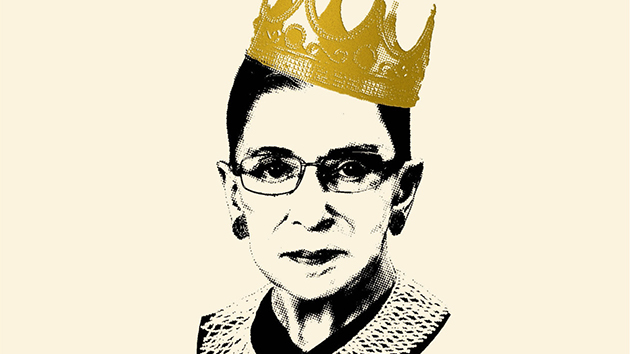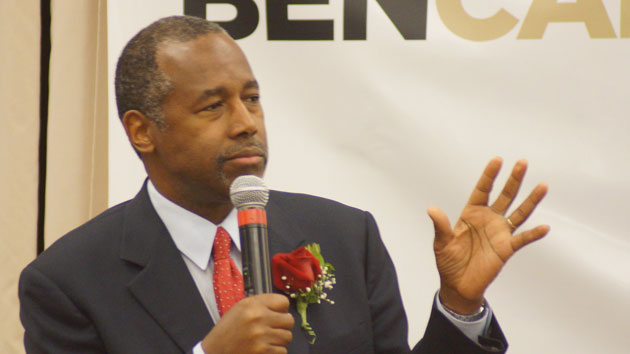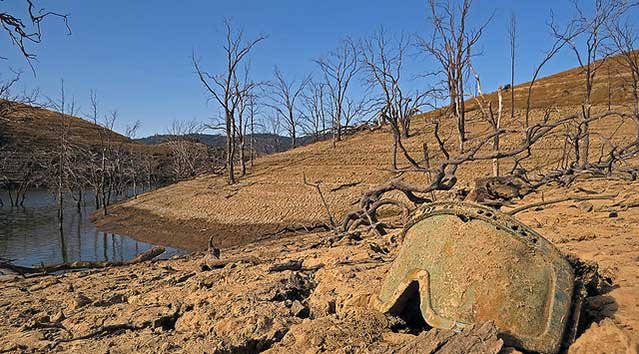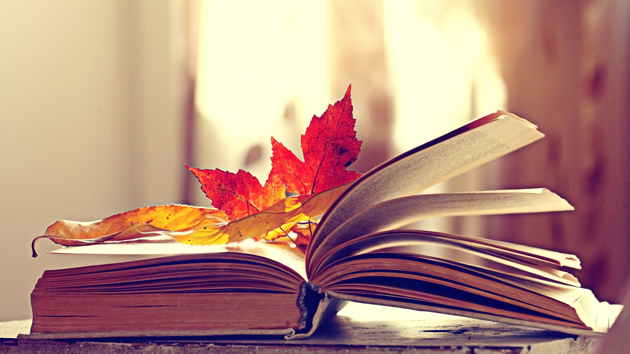
<a href="http://www.shutterstock.com/pic-227861584/stock-photo-book-pages-yellow-leaves-of-autumn-concept.html?src=dMTU_SevOLdY2hW6u_Bl4g-1-6">Kichigin</a>/Shutterstock
You’ve just filled your belly to the brim. Turn now to some new tomes that will help fill your mind:
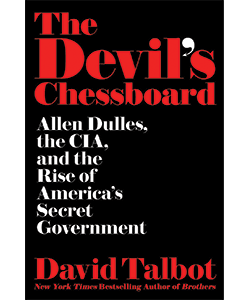
The Devil’s Chessboard
By David Talbot
“What follows,” David Talbot boasts in the prologue to his new book The Devil’s Chessboard, “is an espionage adventure that is far more action-packed and momentous than any spy tale with which readers are familiar.” Talbot, the founder of Salon.com and author of the Kennedy clan study Brothers, doesn’t deal in subtlety in his biography of Allen Dulles, the CIA director under presidents Eisenhower and Kennedy, the younger brother of Secretary of State John Foster Dulles, and the architect of a secretive national security apparatus that functioned as essentially an autonomous branch of government. Talbot offers a portrait of a black-and-white Cold War-era world full of spy games and nuclear brinkmanship, in which everyone is either a good guy or a bad guy. Dulles—who deceived American elected leaders and overthrew foreign ones, who backed ex-Nazis and thwarted left-leaning democrats—falls firmly in the latter camp.—Aaron Wiener
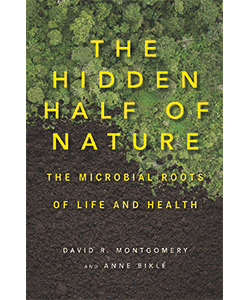
The Hidden Half of Nature
By David R. Montgomery and Anne Biklé
In this transformative read, David Montgomery, a professor of earth and space sciences, and his wife, biologist and environmental planner Anne Biklé, unravel the universe of microbes that make dirt fertile and allow us to digest food. Both the lining of our colons and the ground beneath our feet, the authors write, are “biological bazaars where plants and people trade nutritional wares and form alliances.” Combining lucid explication of emerging science with personal anecdotes, Montgomery and Biklé, who confronted a cancer diagnosis while writing the book, reveal that our immune defenses depend on protecting and nourishing these microscopic brigades.—Tom Philpott
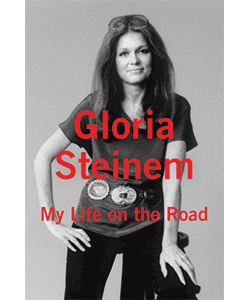
My Life on the Road
By Gloria Steinem
Steinem spent her childhood crammed against her sister in the backseat of a car as her father tried to persuade roadside antique dealers to buy his wares. In My Life on the Road, her first book in more than 20 years, Steinem elegantly reflects on this nomadic upbringing and how it inspired her own travels. Though she never learned to drive, her tours as a young journalist introduced her to women who helped shape her ideology: disgruntled American stewardesses, passengers in a female-only Indian train car, and an Irish taxi driver who told Steinem in the 1970s, “Honey, if men could get pregnant, abortion would be a sacrament!”—Becca Andrews.

